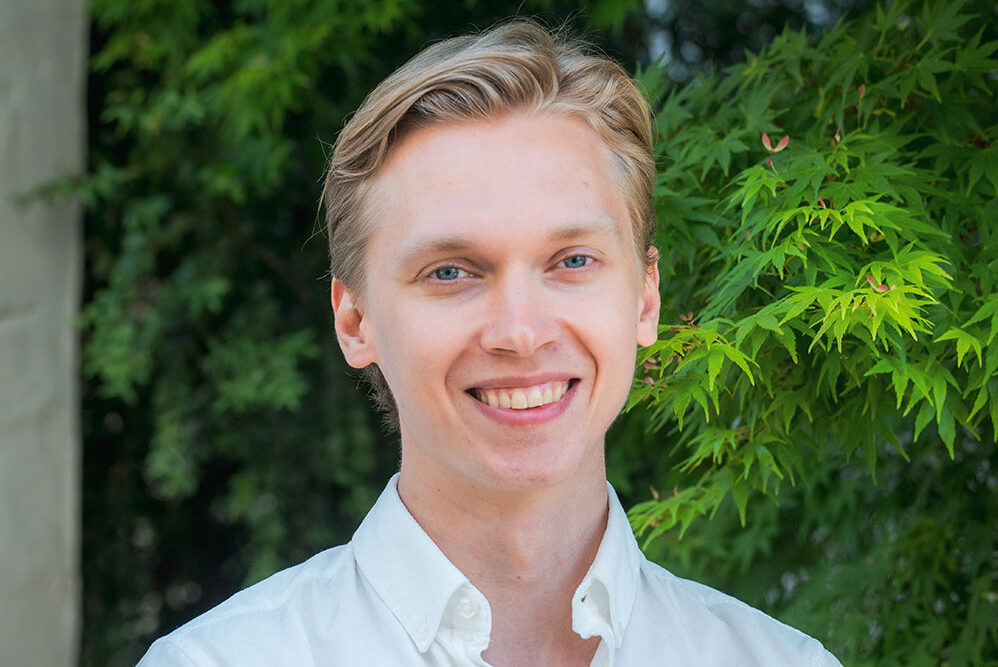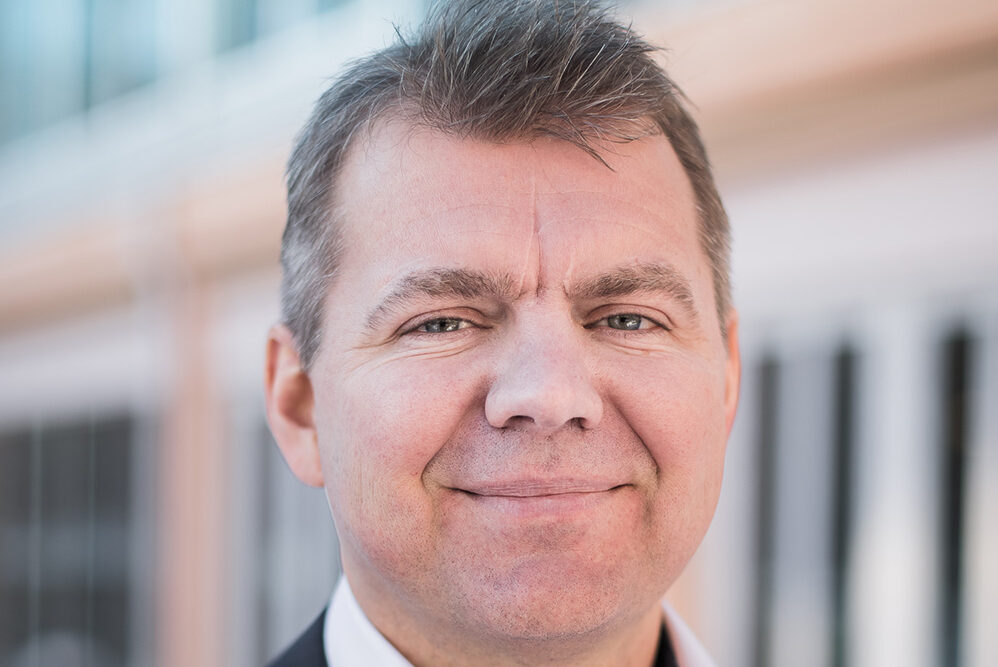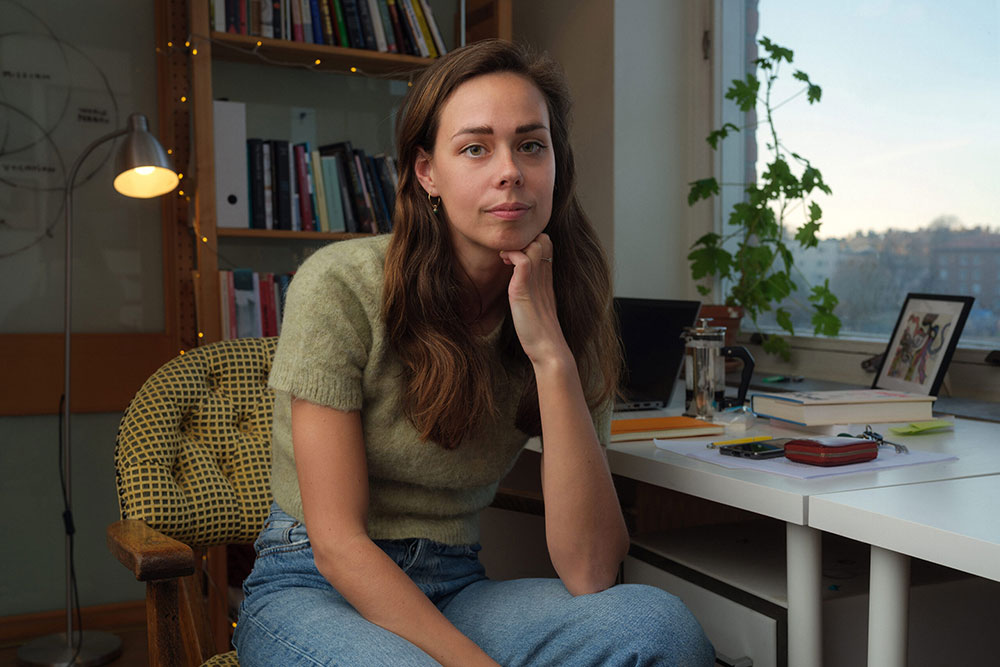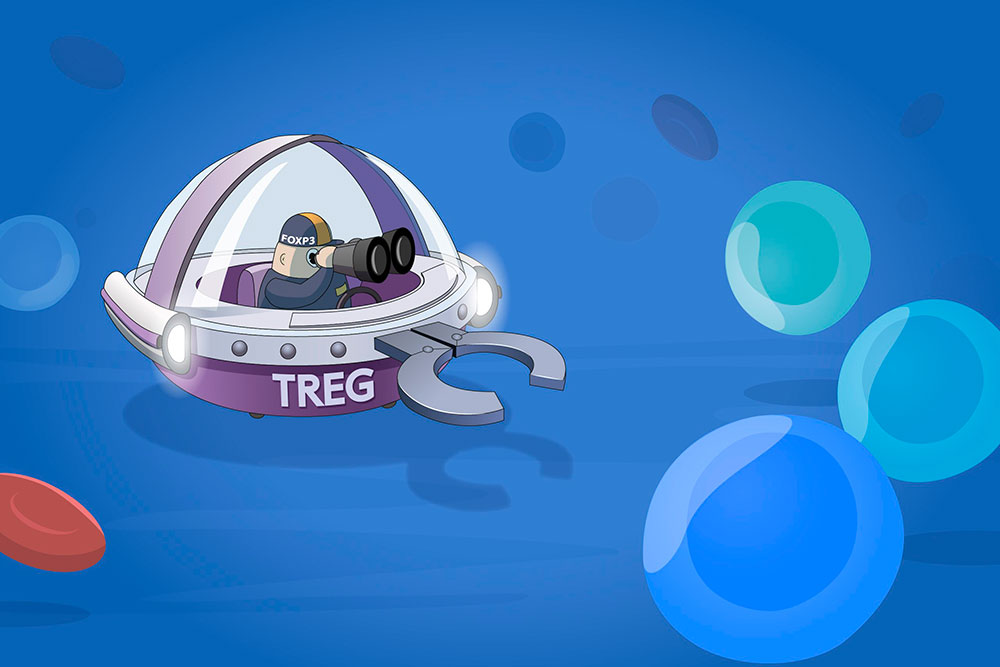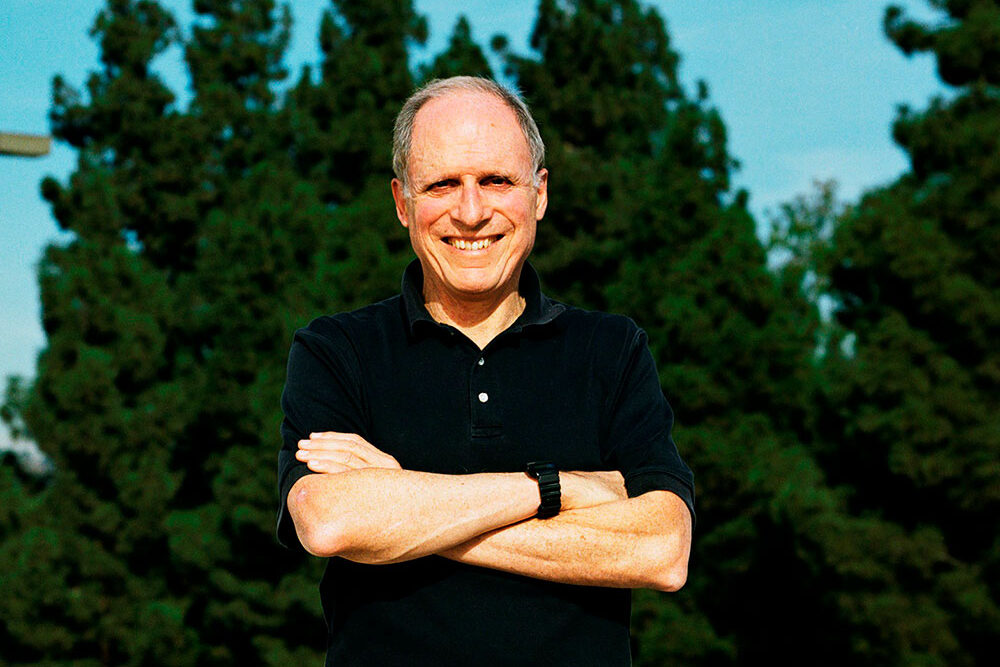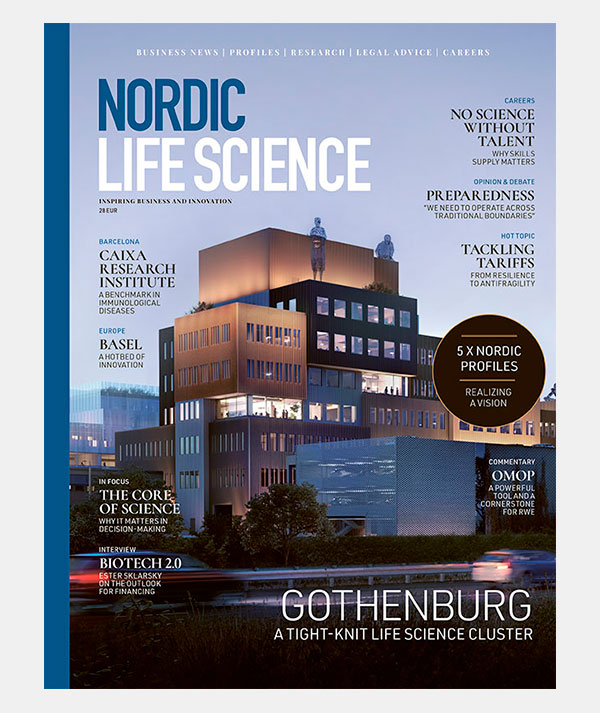She is the winner of the Sjöberg Prize 2025

Miriam Merad is awarded the Sjöberg Prize, worth USD one million, for her discovery of new targets for cancer therapies in the immune system.
Miriam Merad, professor, Icahn School of Medicine, Mount Sinai, New York, USA, has studied how cells in the innate immune system affect the body’s ability to fight tumors. Her discoveries have hugely contributed to making these cells a promising target for the development of new cancer therapies, states the jury of the award.
“I’m honored to receive this prestigious award, which I am hoping can support our recent effort to modulate inflammatory myeloid cells that accumulate in older patients and contribute to cancer progression. Prevention research is very difficult to fund, so this prize is especially timely for us,” says Miriam Merad.
A fundamental discovery
When we get cancer, our immune system can sometimes help us fight the disease. One way it does this is by using T cells from the adaptive immune system to attack the tumor. However, myeloid cells, including macrophages, which are part of our innate immune system, are also found around the tumor. Miriam Merad started to study these cells over 20 years ago, making a fundamental discovery. She demonstrated that not all macrophages originate from cells in the surrounding blood system. Instead, some of them arise early in an embryo’s development. She then investigated the role of myeloid cells in the microenvironment around various types of cancer tumors.
Makes T cells less alert
Normally, macrophages function as the body’s cleaners, for example removing dead bacteria and cells from our tissues. “However, in cancer, the tumour often exploits the macrophages to make the T cells less alert. This reduces the T cells’ ability to attack the tumour, which increases the potential for it to grow,” explains Urban Lendahl, secretary of the Sjöberg Prize Committee.
In recent years, Miriam Merad has made more advances and published new data from studies that include lung cancer in mice and humans. In some of these, she blocked signals from macrophages, so the T cells were more alert and better able to attack the tumour. In the best-case scenario, this may stop the tumour from growing or reduce its size. Thanks to the prize money from the Sjöberg Foundation, she will now have even greater opportunities to continue her research.
“Miriam Merad is a pioneer in the rapidly growing field of cancer immunotherapy. Her research on myeloid cells is a breakthrough, one which has great potential as a foundation for the development of new cancer therapies,” says Thomas Perlmann, member of the Royal Swedish Academy of Sciences and chair of the Sjöberg Prize Committee.
Miriam Merad

Miriam Merad, is a professor of cancer immunology at Icahn School of Medicine at Mount Sinai, New York, USA. She is Director of the Precision Immunology Institute, and Director of the Marc & Jennifer Lipschultz Precision Immunology Institute. Born in Paris in 1969 but grew up in Algeria. Doctor of Medicine (MD) from the University of Algiers 1992. Moved to Paris, France, and then to Stanford University, California, USA, where she obtained her PhD 2001, in collaboration with Université Paris Diderot.
the sjöberg prize
The prize is awarded in partnership between the Royal Swedish Academy of Sciences and the Sjöberg Foundation. The Foundation also provides the funding. The prize was established using a donation from businessman Bengt Sjöberg, who died from cancer in 2017. It is to be awarded to a person or persons who have made decisive contributions to cancer research, and amounts to 100,000 US dollars as a personal prize and 900,000 US dollars as funding for continued research. The Sjöberg Prize 2025 will be presented at the Academy’s Annual Meeting on 31 March. The Sjöberg Prize Lecture will be held the same day at Karolinska Institutet.
Published: February 18, 2025

